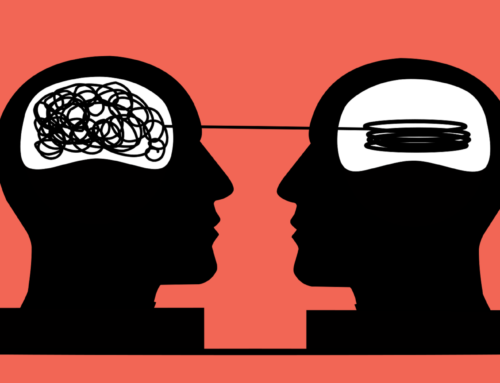Full implementation of the National Disability Insurance Scheme (NDIS) started two years ago, but many people with disability are not receiving the support they need. One such group are people with complex support needs, such as people with intellectual disability who also have mental health needs.
Fewer people with complex needs are receiving the NDIS, and those who are using it have worse outcomes than others. Some can’t receive support because the scheme hasn’t yet reached where they live. Others may receive funding, but not be able to use it if there aren’t services in their local area. Others receive NDIS support but the promise of greater choice and control over their support has not yet happened.
What the evidence says
An NDIS package allows people with significant and ongoing disability needs to purchase support. The aim is for people to make their own decisions about the support they need so they can achieve the same things as others in their community.
An independent evaluation of the NDIS conducted by researchers from Flinders University found one-third of NDIS participants couldn’t find the disability support they needed because of a lack of local providers and a lack of quality services. This shortage of suitable services is worse for people with complex needs.
People with intellectual disability experience higher rates of mental ill health than the rest of the population, although the data on exact rates vary depending on the context. Mental illness refers to conditions including depression and anxiety, as well as psychotic disorders, such as schizophrenia.
While the number of NDIS providers has nearly doubled since June 2017, this increase also signals a new workforce who need training to support people to get the services they need.
This is especially so when consumers’ needs cross over between the NDIS and other sectors, such as mental health. The NDIS pays for some mental health support, but state and federal governments are responsible for the rest, and shortfalls are common.
People with intellectual disability find it much harder to access mental health support and often don’t receive satisfactory or appropriate treatment. The design and delivery of mental health services and health policy often overlooks the specific needs of people with intellectual disability. These can include needing extra time to build rapport and trust with service employees, using accessible language and working collaboratively with other services.
People with intellectual disability say many barriers stop them from getting the mental health and disability services they need. These can include living in locations that lack services. They can also be influenced by the way the NDIS and other services are organised. For instance, separating disability from other health services can mean people’s treatment is not coordinated, which can lead to poorer outcomes.
– Karen R Fisher, Erin Louise Whittle & Julian Norman Trollor
Read More: How to Improve the NDIS for People who Have an Intellectual Disability as well as a Mental Illness







Leave A Comment